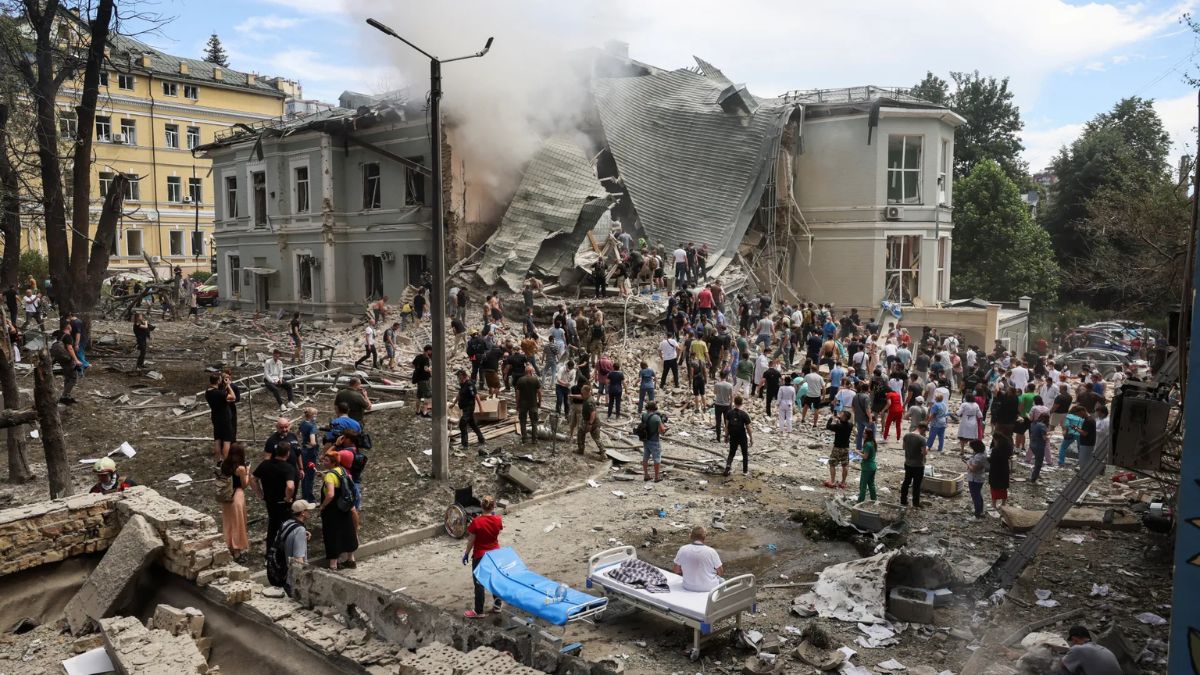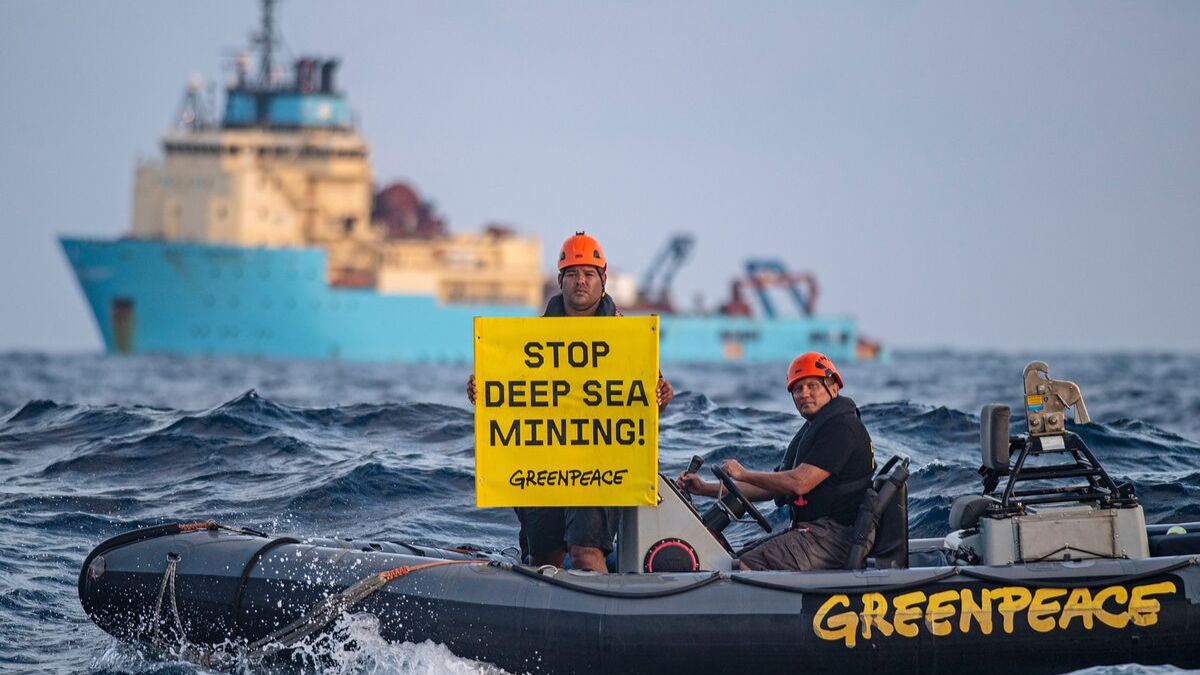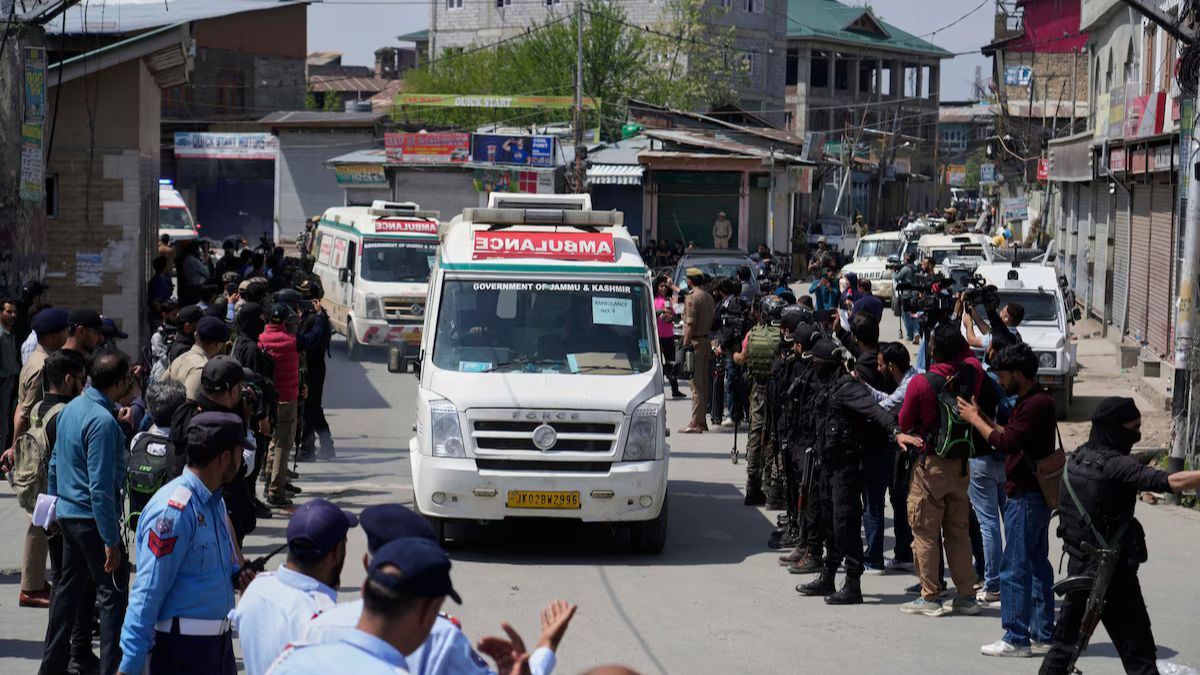Donald Trump condemns Russian strikes on Kyiv, calling for a ceasefire and urging Vladimir Putin to stop. As Ukraine seeks global support, peace talks remain tense and unresolved.
Trump Breaks Silence on Kyiv Strikes: “Vladimir, STOP!”
Former U.S. President Donald Trump has publicly criticized Russia’s recent deadly missile strikes on Kyiv, which killed at least eight civilians and injured 77 others, according to Ukrainian officials. In a post on Truth Social, Trump expressed his frustration over the violence, calling it “not necessary” and urging Russian President Vladimir Putin to end the bloodshed.
“Not necessary, and very bad timing. Vladimir, STOP! 5,000 soldiers a week are dying. Let’s get the Peace Deal DONE!” – Donald Trump
The strikes have escalated global anxiety over the ongoing Russia-Ukraine war, just as international peace discussions begin to regain momentum.
Zelensky Calls for More U.S. Pressure on Russia
Following the attacks, Ukrainian President Volodymyr Zelensky intensified calls for the United States and its allies to place greater pressure on Moscow. During a visit to South Africa, Zelensky stated:
“If more pressure is applied to Russia, we’ll be able to make our positions closer… A ceasefire must be the first step.”
Zelensky cut short his African diplomatic mission in response to the missile barrage in Kyiv, calling it one of the “most difficult and impudent” attacks Ukraine has endured recently.
Trump Criticizes Zelensky Over Crimea
Just hours before condemning the strikes, Trump had accused Zelensky of undermining peace negotiations by refusing to acknowledge Russia’s claim to Crimea, the Ukrainian peninsula illegally annexed by Moscow in 2014.
“A deal to end the war was very close, but Zelensky’s refusal to accept U.S. terms will do nothing but prolong the conflict,” Trump said.
This statement stirred backlash as it hinted at a controversial concession: potentially recognizing Russian sovereignty over occupied Ukrainian territory.
U.S. Proposes Ceasefire “Close to Current Lines”
Vice President JD Vance echoed Trump’s sentiment, laying out a preliminary U.S. vision for a peace agreement:
“The ceasefire would freeze territorial lines close to where they are today. Both sides will have to make sacrifices.”
The proposed deal has not been formally endorsed by Ukraine, and it remains unclear how much territory Ukraine would be asked to relinquish. For Kyiv, any suggestion of surrendering land—especially Crimea—remains politically and morally unacceptable.
Zelensky’s Historic Visit to South Africa: A Shift in Diplomacy
Zelensky’s presence in South Africa marks a significant development in Ukraine’s foreign policy. It was his first visit to the continent, aimed at strengthening diplomatic ties in a region traditionally closer to Russia.
President Cyril Ramaphosa of South Africa said during their joint press briefing:
“We are deeply concerned about the ongoing conflict. We remain committed to engaging all parties for a peaceful solution.”
Although South Africa refrained from explicitly condemning Russia or inviting Ukraine to the G20 Summit, Zelensky’s visit symbolized a thawing in previously lukewarm relations.
Ramaphosa Talks to Trump and Putin
President Ramaphosa revealed that he had held conversations with both Trump and Putin, discussing potential frameworks for a peace resolution. He emphasized that South Africa’s non-aligned position gives it credibility to mediate between conflicting parties.
However, he avoided commenting on whether Ukraine should concede territory, underlining the delicate balance South Africa is trying to maintain on the global stage.
Geopolitical Realignments: Ukraine Broadens Its Diplomatic Base
The evolving global power dynamics have prompted Ukraine to widen its international partnerships, particularly across Africa, as the U.S.–Ukraine alliance shows signs of strain under the new Trump administration.
With Washington’s tone shifting and aid packages now under review, Ukraine is proactively courting new allies to bolster support for its territorial integrity and defense.
Conclusion: Ceasefire Hopes Caught in Political Crossfire
As deadly airstrikes continue to devastate Kyiv, diplomatic efforts remain hampered by competing interests, unresolved territorial disputes, and shifting global alliances. While Trump’s call for Putin to “STOP” is notable, his simultaneous critique of Ukraine’s position underscores the complex, high-stakes nature of current peace negotiations.
Whether a ceasefire agreement materializes in the near future may depend on how much territorial compromise the international community is willing to support—and whether Ukraine can accept those terms without losing its sovereignty.




